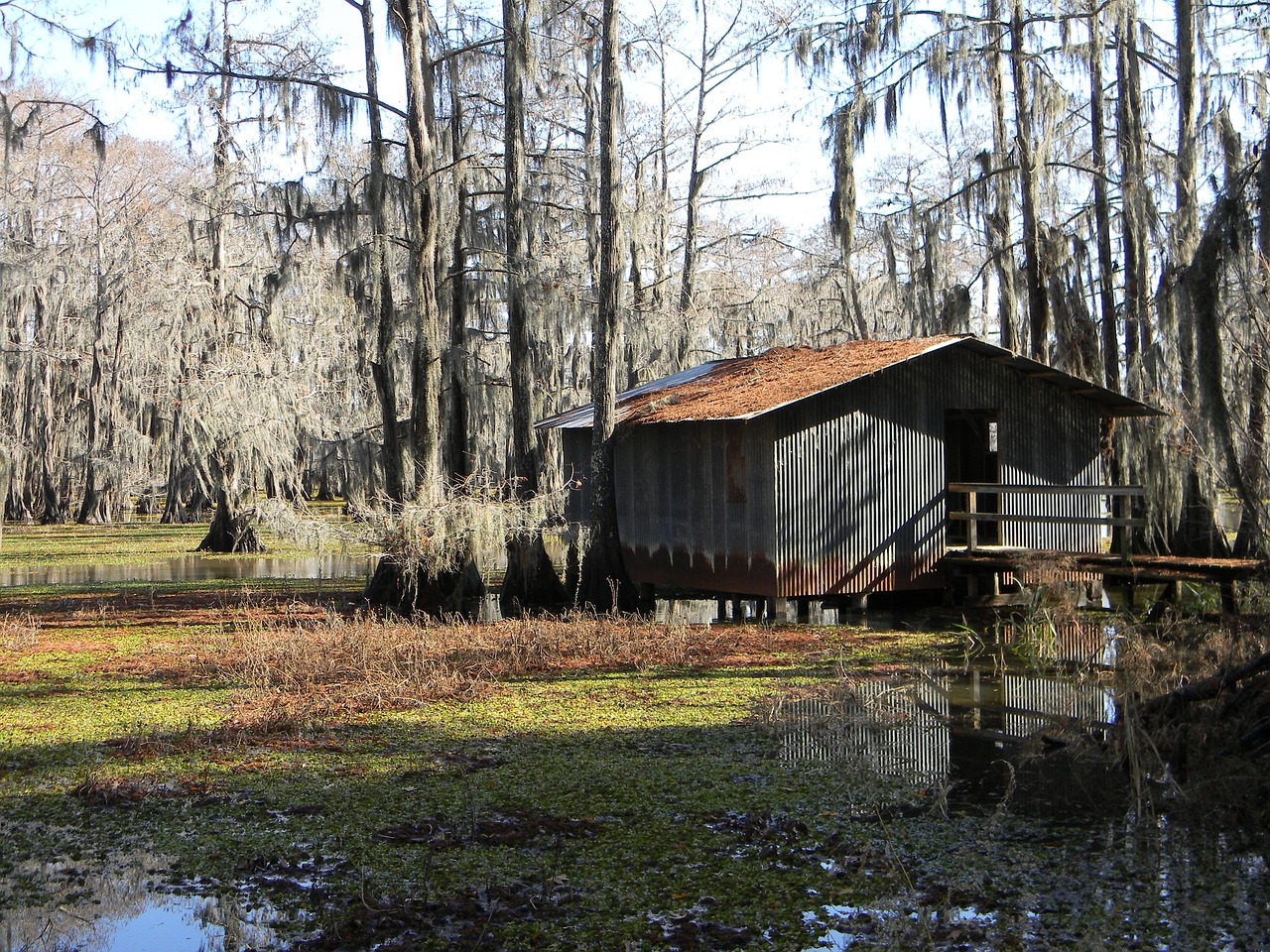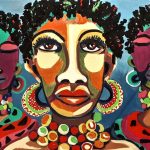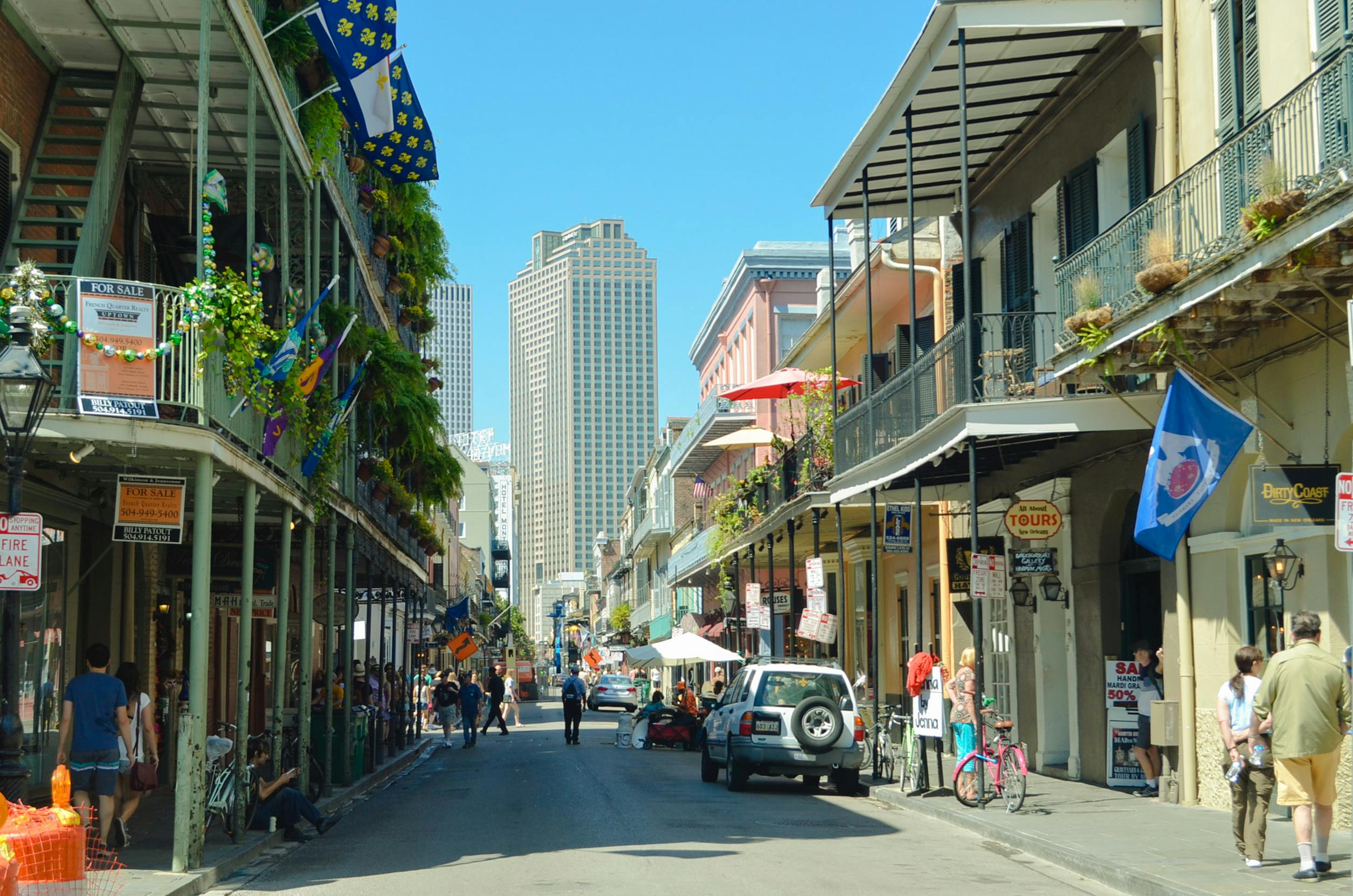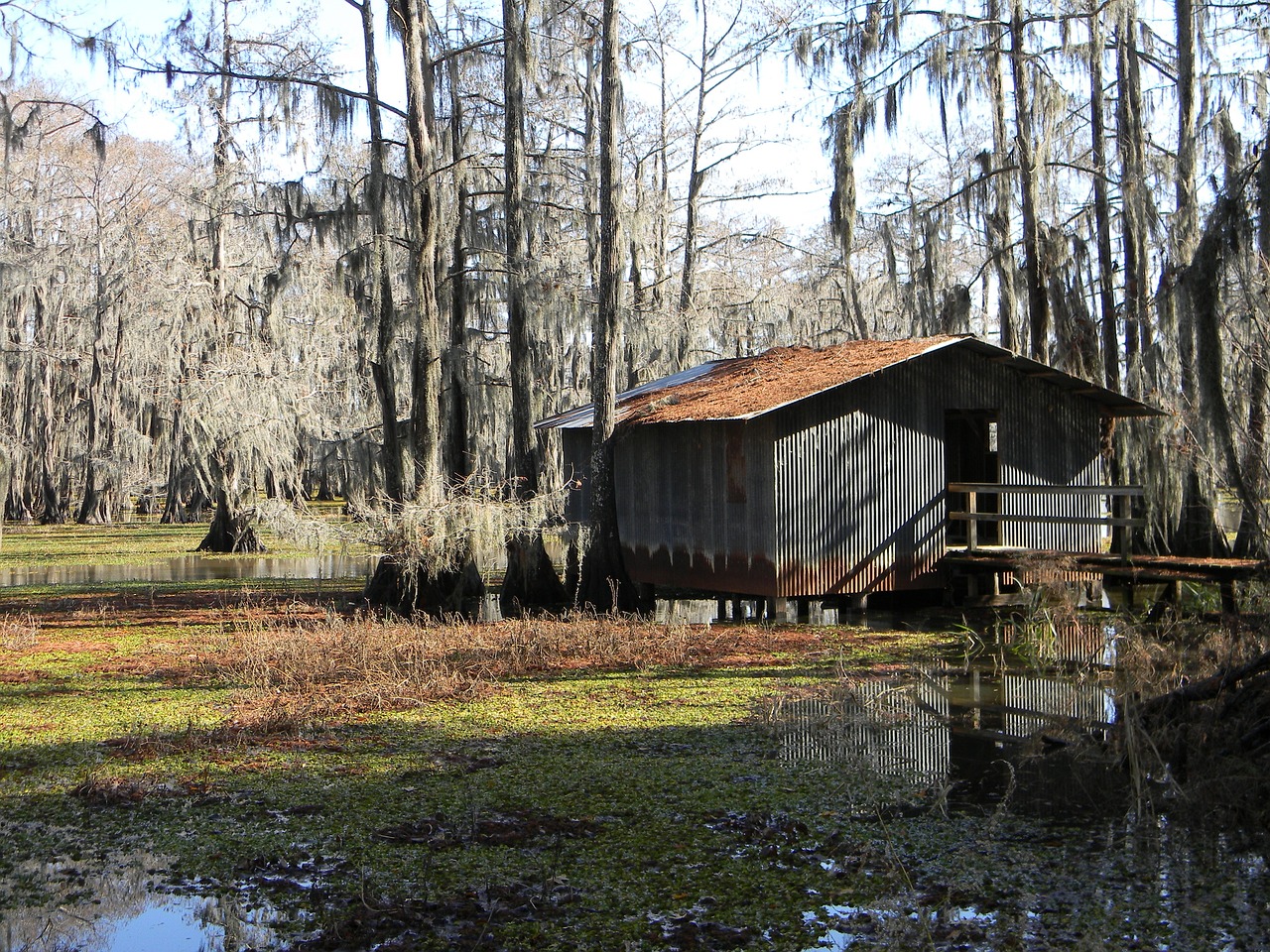What makes a person Cajun? Well, a person is considered Cajun due to their Acadian ancestry; moreover, they speak Cajun French, enjoy distinctive cuisine, celebrate with lively music traditions, and have a deep connection to Louisiana’s bayous and community life.

The term Cajun refers to a unique cultural group primarily found in Louisiana, known for their rich heritage and distinct way of life.
Understanding what makes a person Cajun involves exploring a tapestry of history, language, cuisine, music, and traditions.
Here, we delve deep into the ten defining characteristics that encapsulate the essence of being Cajun.
10 Best Things What Makes A Person Cajun
-
Historical Roots and Ancestry
The Cajun people trace their origins to the Acadians, French settlers who were expelled from Nova Scotia by the British in the 18th century. These Acadians found refuge in the swamps and bayous of southern Louisiana. Over generations, they developed a distinct identity, blending their French heritage with influences from Spanish, African, Native American, and other cultures. This complex ancestry is a cornerstone of Cajun identity.
-
The Cajun French Language
Cajun French is a hallmark of the Cajun community. While English is widely spoken today, Cajun French remains a vital link to the past. This dialect, different from standard French, incorporates words and phrases unique to the Cajun experience. Efforts to preserve and teach Cajun French, especially through organizations and local schools, are crucial for maintaining this linguistic heritage.
-
Unique Culinary Traditions
Cajun cuisine is renowned for its bold flavors and rustic ingredients. Staples include gumbo, jambalaya, crawfish étouffée, and boudin. These dishes reflect the resourcefulness of the Cajun people, using locally available ingredients like seafood, rice, and spices. The cuisine is a communal experience, often centered around gatherings where food is cooked and shared in large quantities.
-
Rich Musical Heritage
Music is another vital aspect of Cajun culture, with Cajun music characterized by its lively rhythms and use of the accordion and fiddle. This genre is often accompanied by zydeco, a related music style that incorporates more African American influences. Festivals, dances, and community gatherings frequently feature Cajun music, reinforcing social bonds and cultural pride.
-
Strong Sense of Community
Cajun culture is deeply rooted in a sense of community and family. Social events, such as fais do-do (dance parties), boucheries (community hog roasts), and Mardi Gras celebrations, play a significant role in bringing people together. The close-knit nature of Cajun communities ensures that traditions are passed down through generations, fostering a collective identity.
-
Distinctive Celebrations and Festivals
Cajun festivals are vibrant expressions of cultural pride. The Mardi Gras celebration in Cajun country is unique, featuring horseback riders, masked revelers, and communal gumbo feasts. Other notable festivals include the Festival Acadiens et Créoles and the Breaux Bridge Crawfish Festival, each showcasing the food, music, and customs that define Cajun life.
-
Deep Connection to the Land and Water
Cajuns have a profound relationship with the land and water of Louisiana. The bayous, swamps, and marshes are not only home but also provide sustenance. Fishing, shrimping, and trapping are traditional occupations that continue to support many Cajun families. This connection to nature is reflected in the respect and knowledge Cajuns have for their environment.
-
Religious Traditions and Beliefs
Religion, particularly Catholicism, plays a significant role in Cajun culture. Faith and religious practices are woven into daily life, influencing festivals, family gatherings, and community events. The church often serves as a community hub, where spiritual and social needs are met.
-
Folklore and Storytelling
Cajun folklore is rich with stories, legends, and superstitions. Tales of the Loup Garou (werewolf) and other mythical creatures are part of the oral traditions passed down through generations. Storytelling is a cherished pastime, preserving history and teaching moral lessons while entertaining audiences of all ages.
-
Adaptability and Resilience
Finally, the Cajun people are known for their adaptability and resilience. From their early days as exiled Acadians to facing modern challenges like hurricanes and economic changes, Cajuns have continually adapted while preserving their cultural identity. This resilience is a testament to their enduring spirit and resourcefulness.
What Makes a Person Cajun FAQs
1. What is the origin of Cajun people?
Cajun people trace their origins to the Acadians, French settlers who were expelled from Nova Scotia by the British in the mid-18th century. These Acadians eventually settled in southern Louisiana, where they developed a distinct culture that blended their French heritage with Spanish, African, Native American, and other influences.
2. What language do Cajun people speak?
Cajun people traditionally speak Cajun French, a unique dialect distinct from standard French. While English is commonly spoken today, many Cajuns continue to use Cajun French in their homes and communities. Efforts to preserve and promote the language are ongoing in schools and cultural organizations.
3. What are some typical Cajun foods?
Cajun cuisine is known for its robust flavors and use of local ingredients. Popular dishes include gumbo, jambalaya, crawfish étouffée, boudin, and andouille sausage. Cajun food is often spicy and richly seasoned, reflecting the resourcefulness and communal nature of the culture.
4. How does music play a role in Cajun culture?
Cajun music is a vital part of the culture, characterized by its lively rhythms and use of instruments like the accordion and fiddle. This music often features lyrics in Cajun French and is accompanied by zydeco, a related genre with African American influences. Music is central to social gatherings, festivals, and community dances.
5. What are some unique Cajun celebrations?
Cajun culture is rich with distinctive celebrations and festivals. The Mardi Gras in Cajun country is unique, featuring horseback riders, masked participants, and communal gumbo feasts. Other notable events include the Festival Acadiens et Créoles and the Breaux Bridge Crawfish Festival, both celebrating Cajun food, music, and traditions.
6. How important is community in Cajun culture?
Community and family are extremely important in Cajun culture. Social events like fais do-do (dance parties) and boucheries (community hog roasts) strengthen communal bonds. This close-knit nature ensures that cultural traditions and values are passed down through generations, maintaining a strong collective identity.
7. What role does the environment play in Cajun life?
Cajuns have a deep connection to the land and water of Louisiana. The bayous, swamps, and marshes are integral to their way of life, providing both home and sustenance. Traditional occupations like fishing, shrimping, and trapping continue to be important, reflecting the Cajuns’ respect for and dependence on their natural surroundings.
Final Thought
Understanding what makes a person Cajun involves appreciating the intricate blend of history, language, cuisine, music, community, and resilience.
Each of these elements contributes to the rich tapestry of Cajun culture, making it a unique and vibrant part of America’s cultural mosaic.





